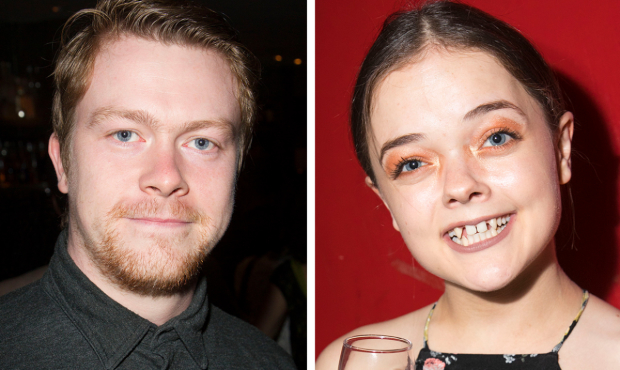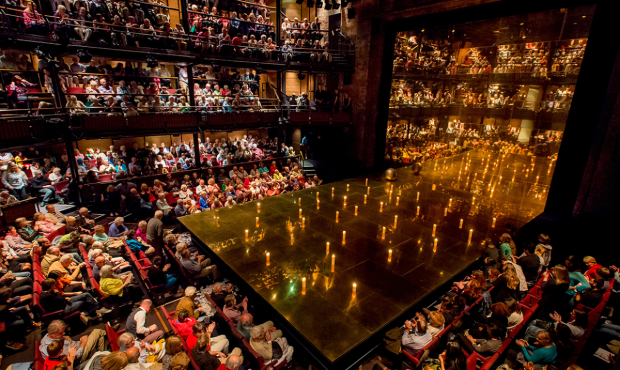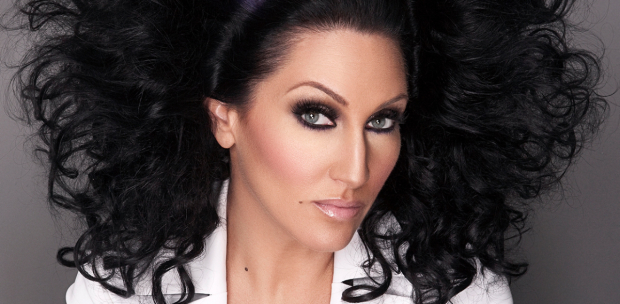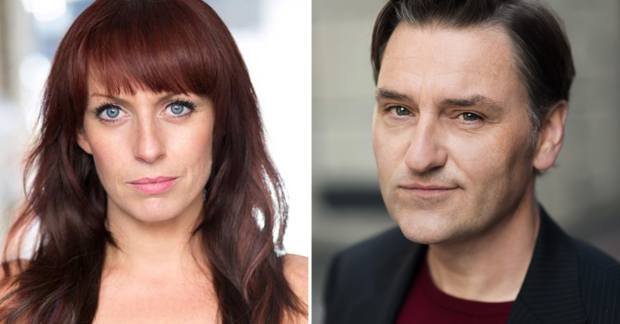Review: A Midsummer Night's Dream (Sheffield Crucible)
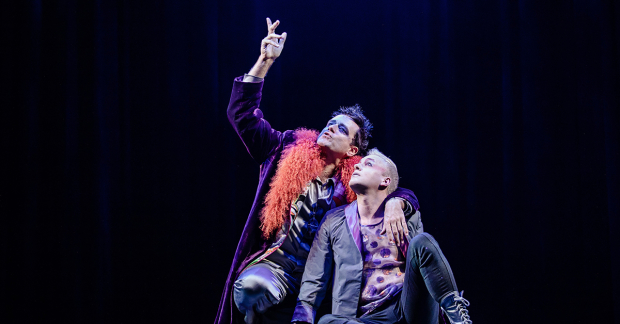
© The Other Richard
Robert Hastie's inventive production of A Midsummer Night's Dream takes its cue in many respects from Chiara Stephenson's set. The stage is essentially empty except for a grand piano, draped in midnight blue. A globe hangs above and a circle of white flowers marks out the acting area. In the second half the globe will divide and descend to become Titania's bower, but it's the piano that has the most effect on proceedings.
Music is a key factor in the production, with Dan Gillespie Sells supplying atmospheric piano figures and some sweetly sentimental songs alongside the odd wittily placed quotation from Mendelssohn. Bobby Delaney doubles as Puck and Philostrate, but also, as musical director, supplies the live piano part. So the piano is central – but even more so because it's used, often brilliantly, as part of the furniture, even for an entrance – a breathtaking surprise.
Quite rightly Hastie does not belong to the school of directors – now disappearing, but not quite gone – who believe that bringing a Shakespeare play in less than three hours is heretical. However, not everything works as well as it might. Despite an over-indulgent last scene, this Dream occupies less than two hours of stage time and the opening scene (which admittedly can stand losing a few lines) is cut to ribbons with the character of Egeus totally removed – Demetrius gets a few of his lines, but the whole thing feels rushed. Interestingly the theatre website still claims that the play runs for at least 20 minutes longer than on press night.
The cuts may be debatable, but for the majority of the play none of the other alterations is in any way controversial. Doubling the two royal couples goes back at least to Peter Brook in 1970, probably earlier. Here Phil Cheadle has an easy authority as Theseus, but is rather a stolid earth-bound Oberon, with Pandora Colin's Titania supplying more magic. Cheadle does, however, work well with Delaney's excellent Puck, not the acrobatic figure he often is, but an amusingly cynical observer and accompanist to comic misadventure.
The four lovers are pleasingly young and vigorous, with Evelyn Miller's Helena speaking the verse with the most awareness and emotional commitment. When it comes to the knockabout of chases and would-be fights, all four sparkle with energy and precise timing.
The most obvious gender switch – the performance got a laugh with an inserted joke about gender-blind casting – is again not new and works really well. Sophia Nomvete's amusing and credible Peta Quince is full of good-hearted bluster and misdirected energy. Daniel Rigby's Bottom, more restrained and physically slighter than many, is likeably human, with a cool line in innocently self-regarding pomposity.
Then, after an exhilarating first 30 minutes of the second half, we come to the controversial part of the evening: the presentation of Pyramus and Thisbe. Here I find myself in the role of Exasperated of Barnsley as the Rude Mechanicals' play is presented as a glam-rock opera. There is plenty to enjoy in it: Sells comes up with some good tunes, Stephenson with some over-the-top costumes, the cast sing well, inventive touches abound, individual turns include a spectacular piece of tap-dancing from the lion (Francesca Mills). But the innocent comedy of the hempen homespuns is lost, Shakespeare's own gags (which are pretty good) are obscured as song lyrics.
This may not be the majority view, and it's still worth taking in a generally charming production and seeing whether you think Exasperated of Barnsley is just a grumpy old traditionalist.



